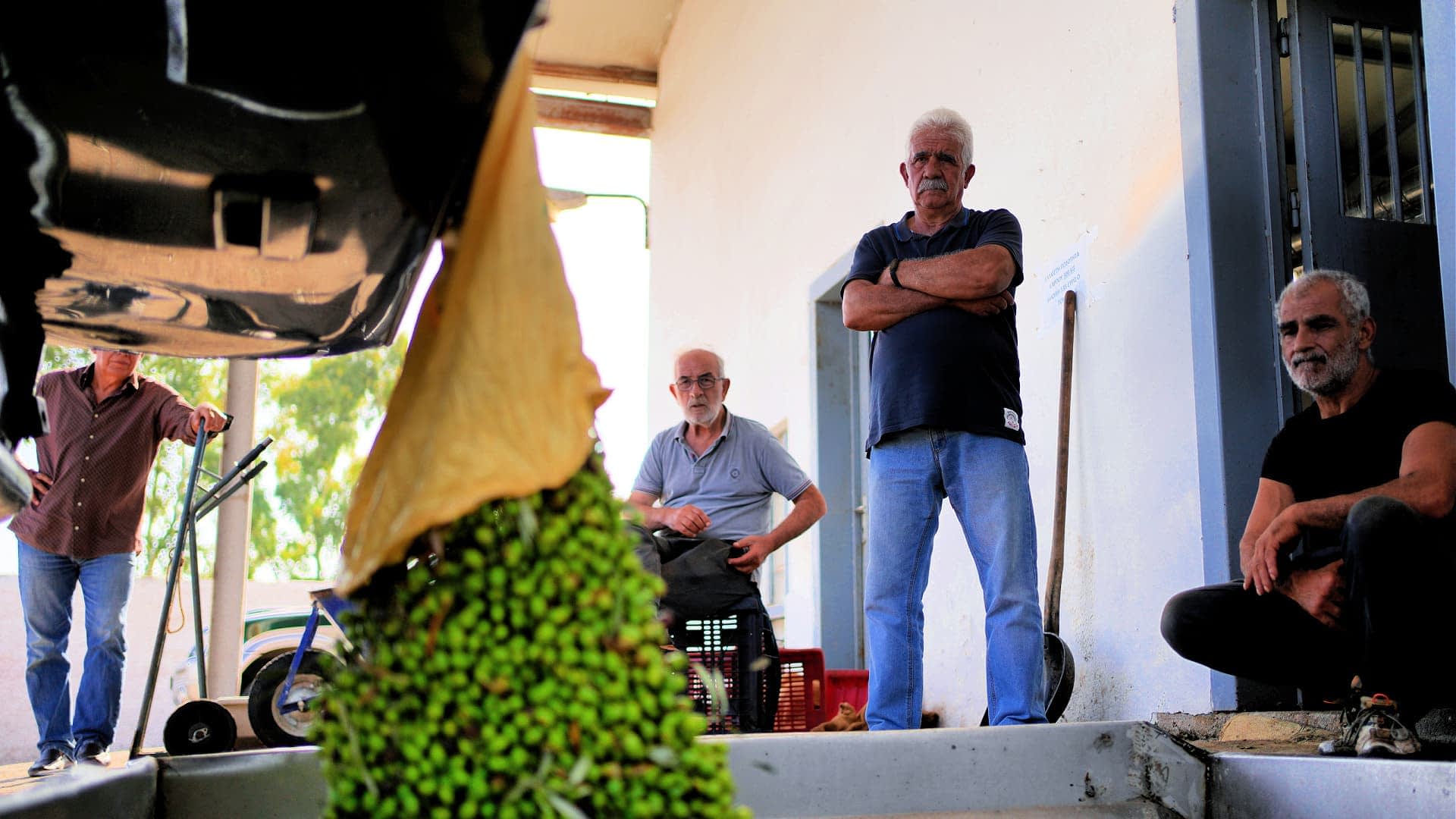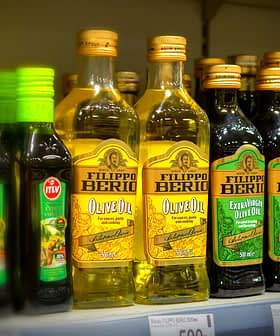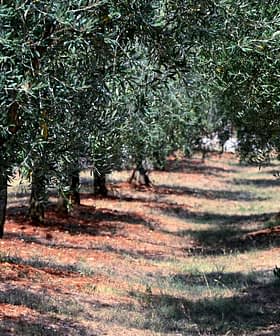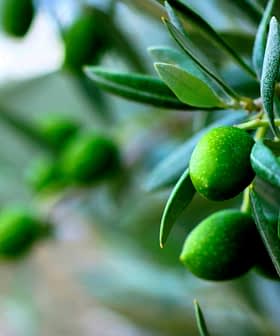Why Olive Oil Prices in Greece Aren't Falling

Despite a significant drop in olive oil prices at origin in Greece, consumers are still paying high prices in supermarkets and grocery stores. The Greek government denied rumors of plans to penalize the trading of 17-liter tins of olive oil, stating that informal exchanges between friends and relatives will not be affected.
In Greece, the reduced olive oil prices at origin are not reflected in the retail market, as consumers continue to dig deep into their pockets when buying olive oil in supermarkets and grocery stores.
Producer prices for extra virgin olive oil in the country have almost halved this year, ranging from €4.80 per kilogram in Crete to €5.30 per kilogram in Laconia in southern Peloponnese.
Producers’ prices have dropped… This is pure profiteering.
By comparison, in the previous 2023/24 crop year, prices at origin peaked at nearly €10.00 for a kilogram of low-acidity extra virgin olive oil.
In addition, the record olive oil prices in Greece were the main driver behind the high food inflation recorded in the country last year.
“Last year, with minimum production, prices at origin were at €9 or even €10,” said Michalis Kabitakis, vice-chair of the Association of Agricultural Cooperative Organizations and Enterprises of Greece.
See Also:Harvest in Greece Runs Into Early Problems“There is no [olive oil] stock this year to justify the high prices,” Kabitakis added. “Producers’ prices have dropped to €4.50 to €5.50 olive oil and still go for €11.50 to €14 a liter of extra virgin and for €8.50 to €10 a liter of virgin. This is pure profiteering.”
INKA, the Greek Consumers Institute, also protested the high olive oil consumer prices, with the head of the institute, Yiorgos Lechouritis, accusing the olive oil industry and the wholesalers of price speculation.
The industry argues that “it paid a lot for last year’s stock, “Lechouritis said. “Once again, we are talking about obscenity and speculation by the middlemen. There should be intensive and real monitoring of the prices from the moment [the olive oils] leave the producers until they reach the supermarkets.”
Olive oil producers, for their part, argued that the marketers and merchants are responsible for the significant discrepancy between producer and consumer prices of olive oil in Greece.
“They are grabbing the oil cheaply to sell it to consumers at high prices, thus making obscene profits to the detriment of producers and consumers,” the agricultural association of Chandrinos from western Messenia said in an announcement.
The association also called on farmers to drive their tractors out of the fields to the roads and streets across Greece, arguing that “only with our protests and tractors in the streets have we been able to make gains.”
Meanwhile, a rumored governmental intervention to limit domestic trading of olive oil in bulk has sparked controversy in Greece.
A common practice among Greek households is to purchase freshly produced extra virgin olive oil in 17-liter tins from small-scale producers, usually a friend or relative of the family.
After reaching record prices of €160 or more last year, this year, a 17-liter tin of high-quality, low-acidity extra virgin olive oil is more plausibly priced at €100 to €120. However, olive oil can only be traded in containers of up to five liters.
According to some estimates, an undocumented quantity of 60,000 to 70,000 metric tons of bulk olive oil is traded in tins in Greece every year.
According to reports in Greek media, the government is planning to penalize with a hefty fine of €5,000 any carrier of a 17-liter tin of olive oil with no consignment note.
Olive oil producers protested the alleged regulation, arguing that the measure is designed to fill the government’s coffers and will also impact their income.
“The measure planned by the government is unworkable and has the sole purpose of imposing punitive fines on producers at a time when the unbearable production costs are constantly rising,” Kabitakis said.
The Greek government quickly refuted the media reports, ruling out any planned changes in the country’s established trade of bulk olive oil in 17-liter tins for private use.
“What we have heard in the last few days is not true,” said Christos Dimas, the Greek deputy finance minister. “The transfer of small quantities of olive oil between friends and relatives continues informally without any infringement issues.”







